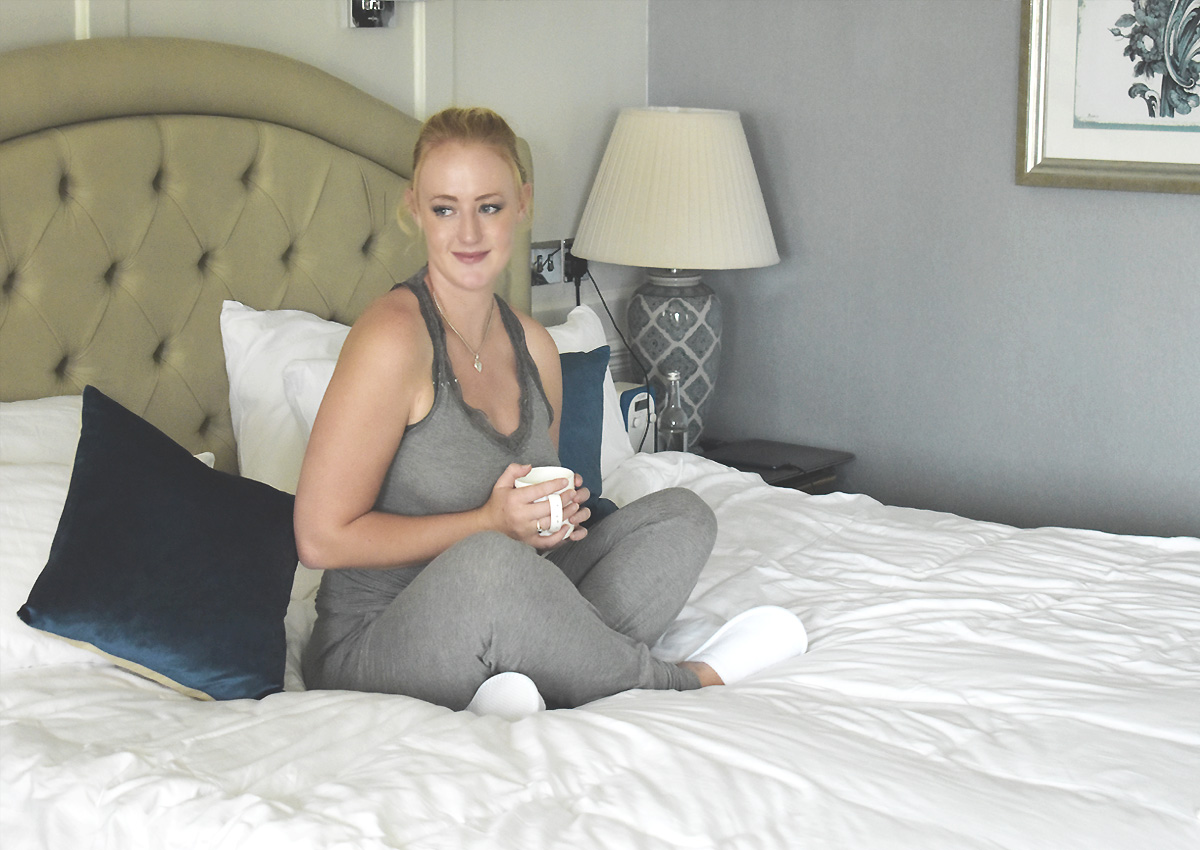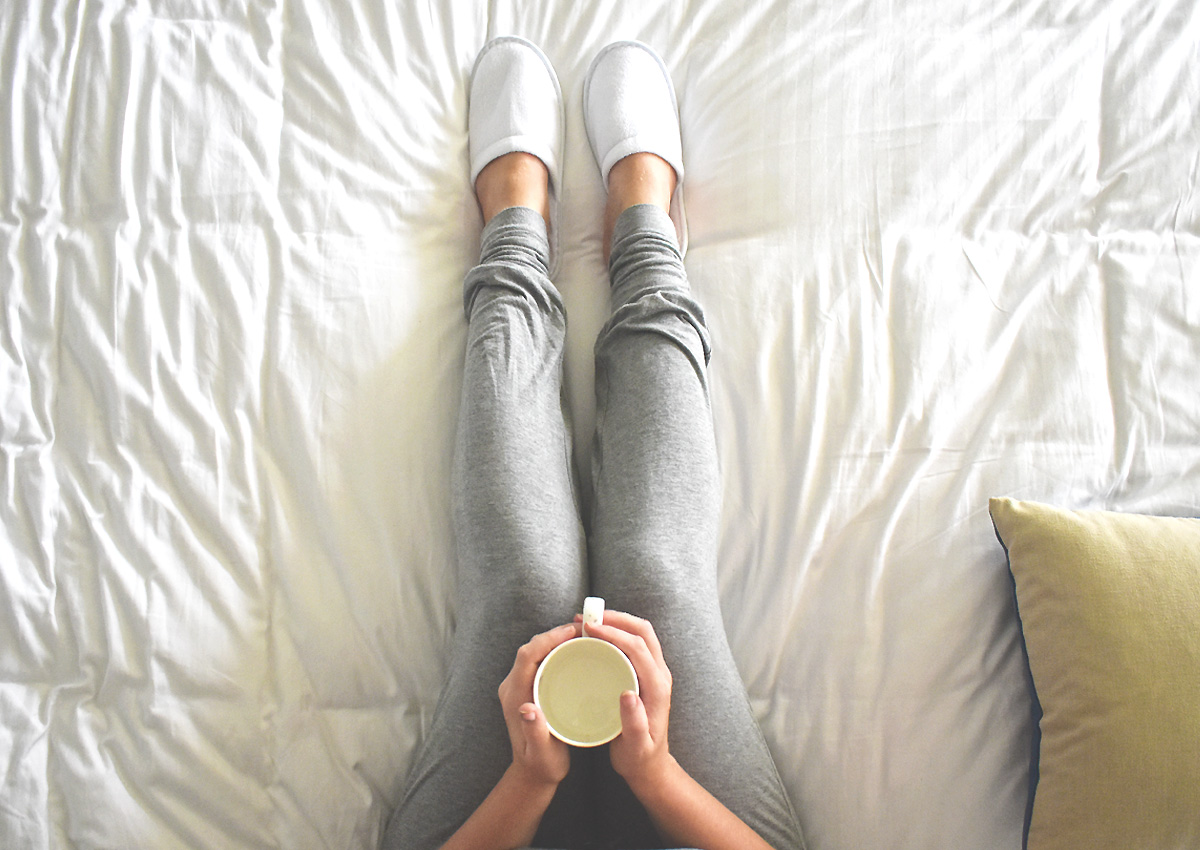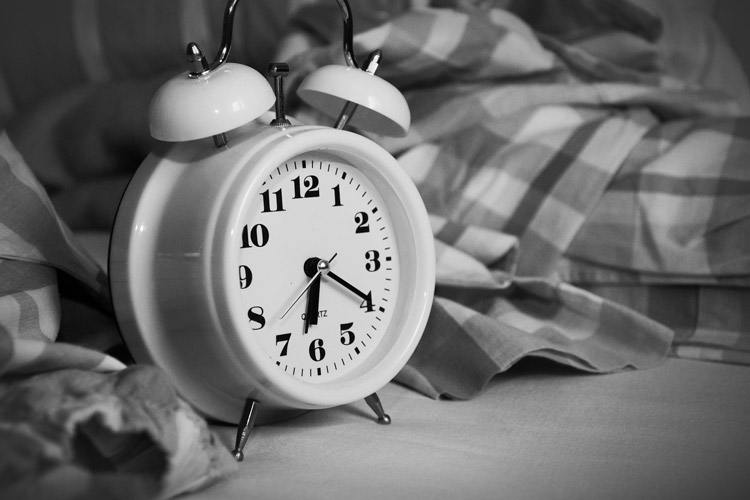Getting a perfect night’s sleep is incredibly important for your mental and physical health, but when it comes to getting a perfect sleep this easier said than done.
Not being able to get enough sleep can be incredibly frustrating but, fortunately, there are plenty of things you can do to help you nod off and get the most out of the time you do spend asleep. Here, we’re going to talk you through some ways in which you can help yourself out and try to get the perfect night’s sleep. Read on to find out more.

Create a bedtime routine and stick to it
There are two types of people in this world: night owls and morning people. If you ask anyone from the latter camp how they switch off when they want to go to sleep, it’s likely they’ll say it’s all down to their bedtime routine.
By devising a routine that you know you’ll be able to stick to every night — even if it’s just washing your face, brushing your teeth, and changing into some clean and fluffy pyjamas at a certain time of the day — you will eventually be able to trick yourself into shutting off regardless of how awake you might feel. So, if you want to get a handle on your sleeping schedule, creating a routine that signals to your brain that the land of nod is on the horizon is a great place to start.

Give yourself some screen-free time before bed
Do you work on your laptop until the second you have to go to bed, or often find yourself scrolling through Instagram when your head is on your pillow? If so, this could be making it much more difficult for you to fall asleep at night.
The blue light that LED screens emit can replicate the effects of sunlight, confusing your body clock and making you feel like there are several hours left before you need to head to bed. So, in the hour before you’re planning to sleep, it’s wise to avoid the likes of your TV, smartphone, and tablet as much as possible.
If you do need to use one of your devices when you should be winding down, it’s a good idea to use one of the many apps that allow you to filter the blue light from its screen, such as Night Shift. It’s easy to use and very effective.
You may also like: Simple ways to update your living space

Make sure your mattress and bedding are serving you well
If your mattress or bedding is past its best, this could result in the quality of your sleep being reduced. So, if you don’t feel sprightly and refreshed when you wake up each morning, it might be time to consider whether you bed is preventing you from getting a good night’s sleep.
You may like: Top tips to turn your bedroom into a sanctuary
Your pillow should do a good job of keeping your neck comfortably aligned which means, if you frequently wake up feeling sore or stiff, replacing your existing pillows could make the world of difference. When it comes to your duvet, this should have the right thickness where it keeps you warm enough, but you don’t wake up uncomfortably hot and sweating. If you’ve had your bedding for a particularly long time — the Sleep Council recommends that you replace your pillows every two to three years — it’s worth changing it, even if you don’t suspect it’s causing you any trouble.
Having a mattress that is low-quality or past its best is one of the most common reasons why people struggle to get a good night’s sleep. So, if you’re concerned that your mattress doesn’t support your body as it should or once did, it might be time to invest in a new one. Memory foam mattresses are becoming increasingly popular as they shape to the sleeper’s body, providing optimum comfort. If you decide to treat yourself to a new memory foam mattress, one from Dormeo’s Octaspring range would make a great change. Not only are they incredibly comfortable, but they offer eight times the breathability of a regular memory foam mattress.
You may also like: 8 simple changes to your lifestyle that will help you lose weight this week

Try to get a hold of any anxiety
If you often find that stress and feelings of anxiety keep you up at night, it’s time to look for ways you can get a hold on the thoughts keeping you awake.
Do you often lie in bed, mentally listing all the things you need to do tomorrow or this week in the hope you won’t forget anything? You should be able to remedy this problem quite easily by putting a notepad and pen by your bed to write yourself a physical to-do list. Knowing that you’re prepared for a new day should go a long way to giving you peace of mind and helping you to drift off.
Additionally, meditating before bed could go a long way to helping you shut off. Apps such as Headspace offer 10-minute meditation sessions that are great for helping to clear your mind, so you can calm down and forget about any worries you might have before you crawl into bed.

Track your sleep
If you have trouble getting to sleep at night or feel like you spend enough time snoozing but never feel fully rested, keeping a sleep diary could be very useful. This will help you to identify any factors, such as what you eat and whether you exercise, have an impact on how well you sleep at night.
To get the most out of your sleep diary, you should keep note of your meals and anything else that could affect the quality of your sleep. Then, when you wake up the next day, record how long you were snoozing, and rate your sleep out of 10. You could even use an app like Sleep Cycle to get an accurate picture of how well you’ve slept.
Once you’ve been tracking your sleep for a couple of weeks, you should be able to spot some trends in your notes. For example, do you sleep worse when you’ve had coffee after lunchtime, or do you sleep much better after a session at the gym? Once you have a good idea of what has an impact on your schedule and quality of sleep, you can then make some lifestyle changes to help yourself out and get the perfect night’s sleep.

To feel your healthiest and happiest, it’s vital that you get the perfect night’s sleep. The tips we’ve outlined in this article should go a long way to improving the quality of your rest, so take them on board to ensure you always get your eight hours.

